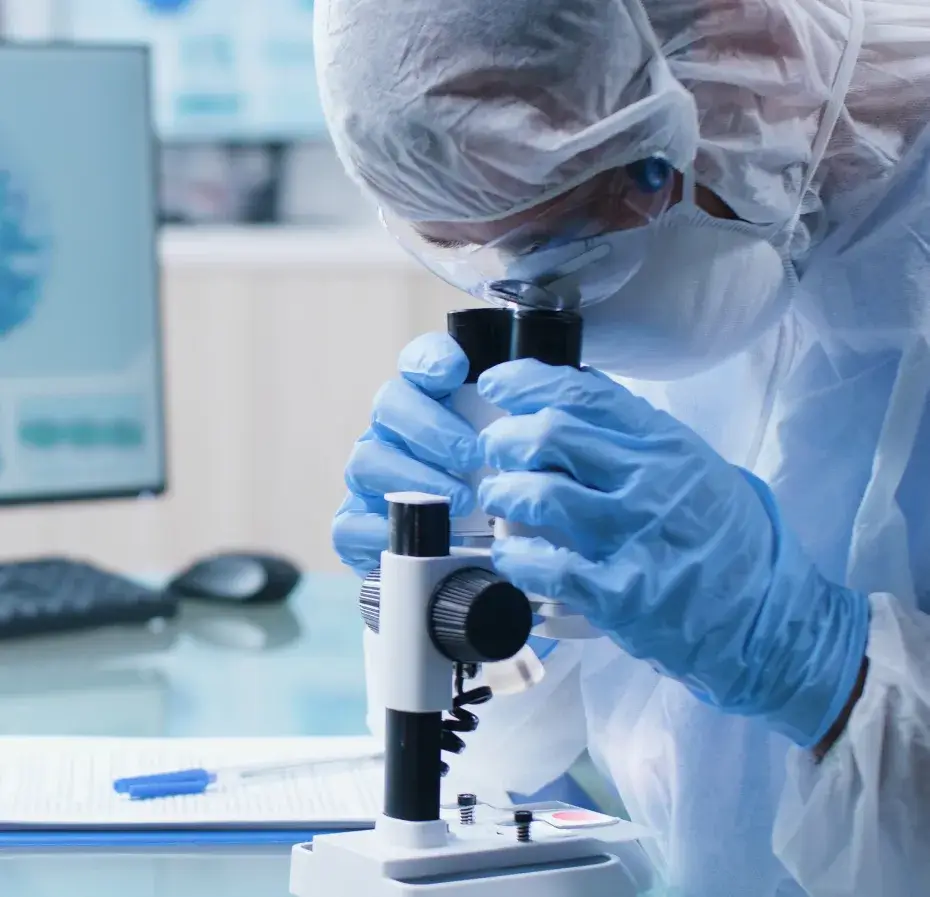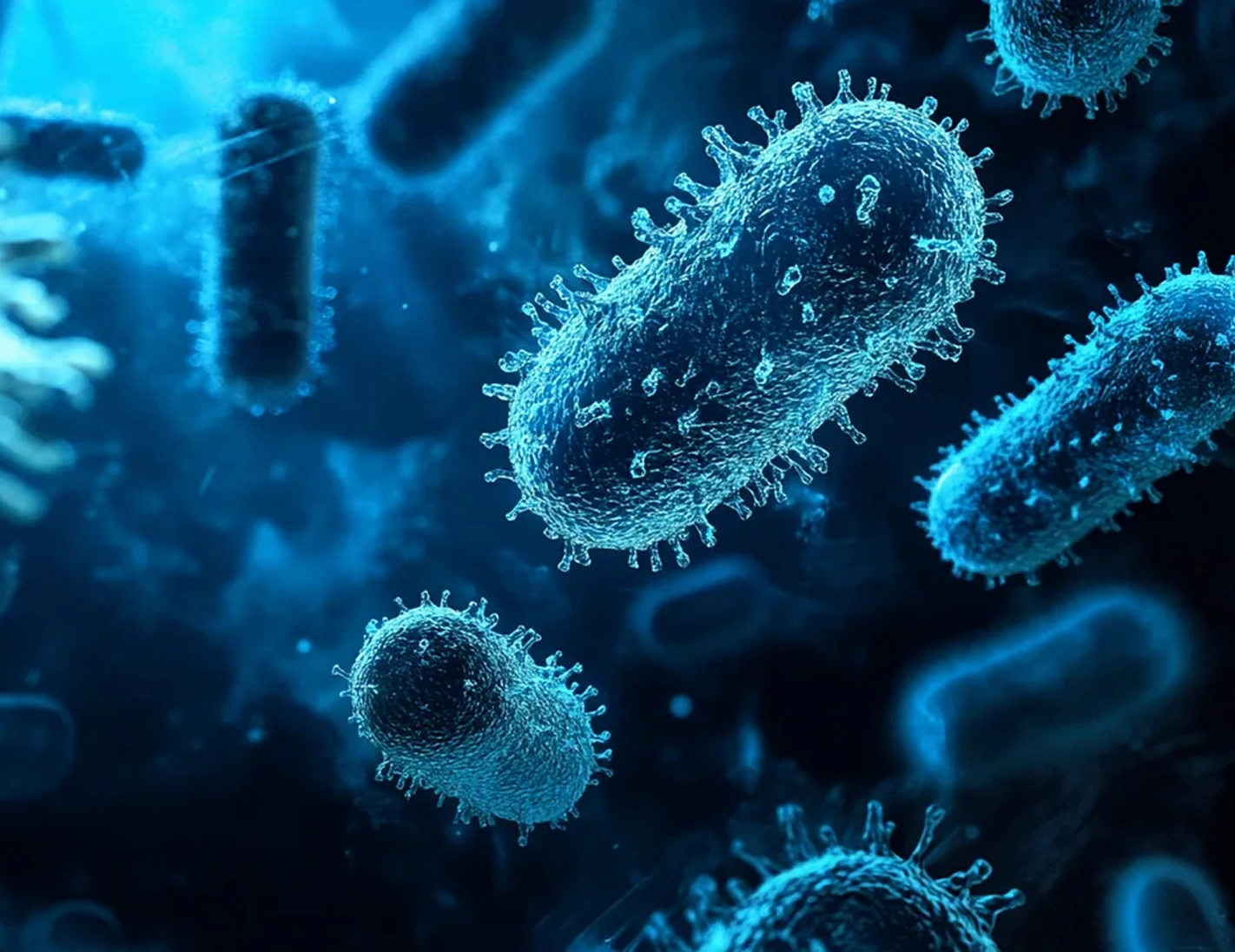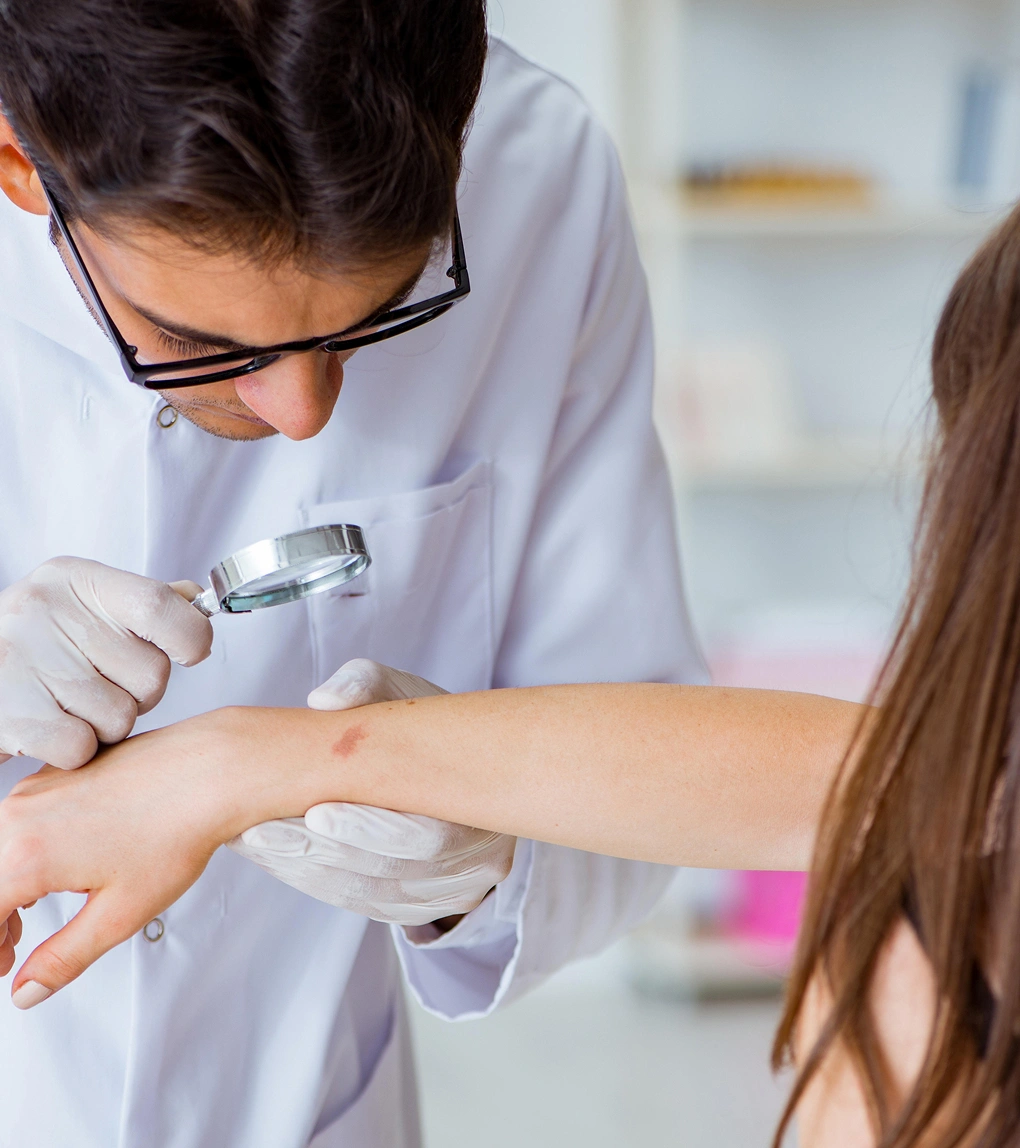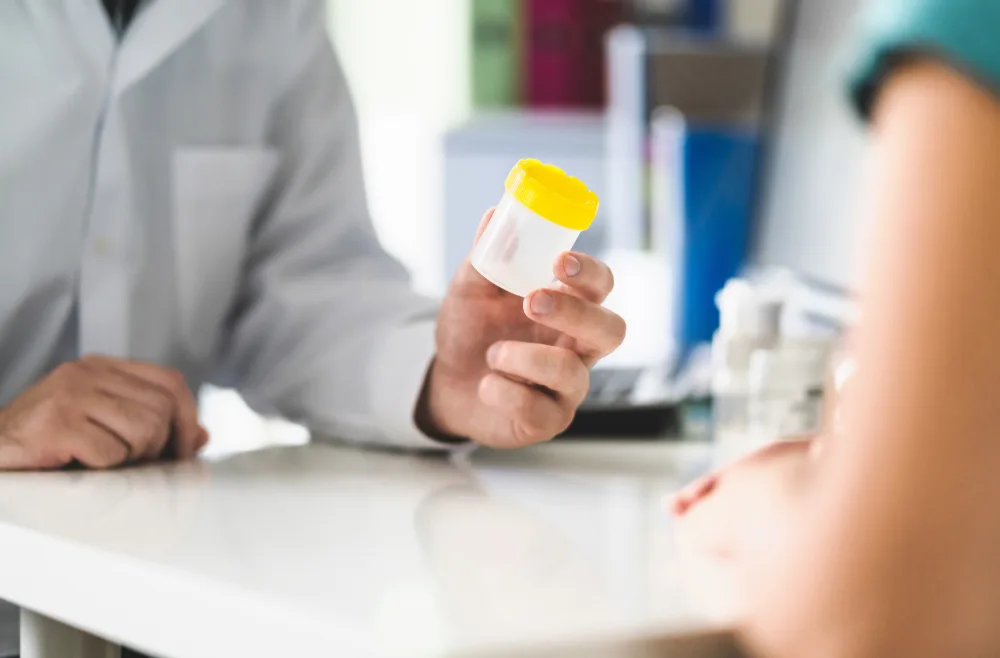How is Chlamydia transmitted?
Chlamydia is primarily transmitted through sexual contact, including vaginal, anal, and oral sex, with an infected person. The bacterium can be passed on even if the infected person does not have any symptoms. Key transmission points include:
- Sexual Contact: Direct contact with the penis, vagina, mouth, or anus of an infected person.
- Mother-to-Child: An infected pregnant woman can pass the infection to her baby during childbirth, potentially causing eye infections or pneumonia in the newborn.
- Asymptomatic Transmission: Because many people with chlamydia do not exhibit symptoms, they can unknowingly transmit the infection to their sexual partners.
What are the symptoms of Chlamydia?
Many people with chlamydia do not experience symptoms. When symptoms do occur, they usually appear within days to 3 weeks, but can take several months. Symptoms may include:
- In women:
- Abnormal vaginal discharge
- Burning sensation during urination
- Pain during sexual intercourse
- Bleeding between periods
- Lower abdominal pain
- In men:
- Discharge from the penis
- Burning sensation during urination
- Pain and swelling in one or both testicles
- Pain during ejaculation
- In both:
- Rectal pain, discharge, or bleeding if the infection is in the rectum
- Eye infection (conjunctivitis) if it spreads to the eyes through contact
What are the complications of untreated Chlamydia?
If left untreated, chlamydia can lead to serious health problems, including:
- In women:
- Pelvic Inflammatory Disease (PID):This can cause chronic pelvic pain, damage to the fallopian tubes, and lead to infertility. PID can also increase the risk of ectopic pregnancy, where a fertilized egg implants outside the uterus, which can be life-threatening.
- Infertility : Untreated chlamydia can cause scarring and blockage of the fallopian tubes, leading to difficulties in becoming pregnant.
- Chronic Pelvic Pain Persistent pain in the pelvic area due to damage and inflammation caused by the infection.
- In men:
- EpididymitisInflammation of the epididymis, a tube that carries sperm from the testicles, which can cause pain, fever, and, in severe cases, infertility.
- Prostatitis Inflammation of the prostate gland, which can cause pain, difficulty urinating, and sexual dysfunction
- In both:
- Reiter’s Syndrome: A type of reactive arthritis that affects the joints, eyes, and urethra, causing pain and swelling.
- Increased Risk of Other STIs : Having chlamydia can increase the risk of contracting other sexually transmitted infections, including HIV.
How is Chlamydia diagnosed?
Chlamydia is diagnosed through:
- Urine Test: Testing a urine sample for the bacteria.
- Swab Test: Taking a sample from the cervix, urethra, throat, or rectum and analyzing it in a lab.
Quick diagnosis and treatment are important to prevent complications and further spread.
How is Chlamydia treated?
Chlamydia is usually treated with antibiotics. The most common treatments include:
- Antibiotics:
- Azithromycin: Typically given as a single, large dose.
- Doxycycline: Usually taken twice a day for seven days.
- Follow-up Care: It’s important to complete the entire course of antibiotics, even if symptoms disappear. Avoid sexual activity until the infection is fully cleared, usually after one week of treatment. Follow-up testing may be recommended to ensure the infection is gone.
- Treatment for Partners: Sexual partners should also be tested and treated to prevent re-infection.
Can Chlamydia be prevented?
Chlamydia can be prevented by using condoms during sexual activity, having regular STI screenings, and maintaining a mutually monogamous relationship with an uninfected partner.




